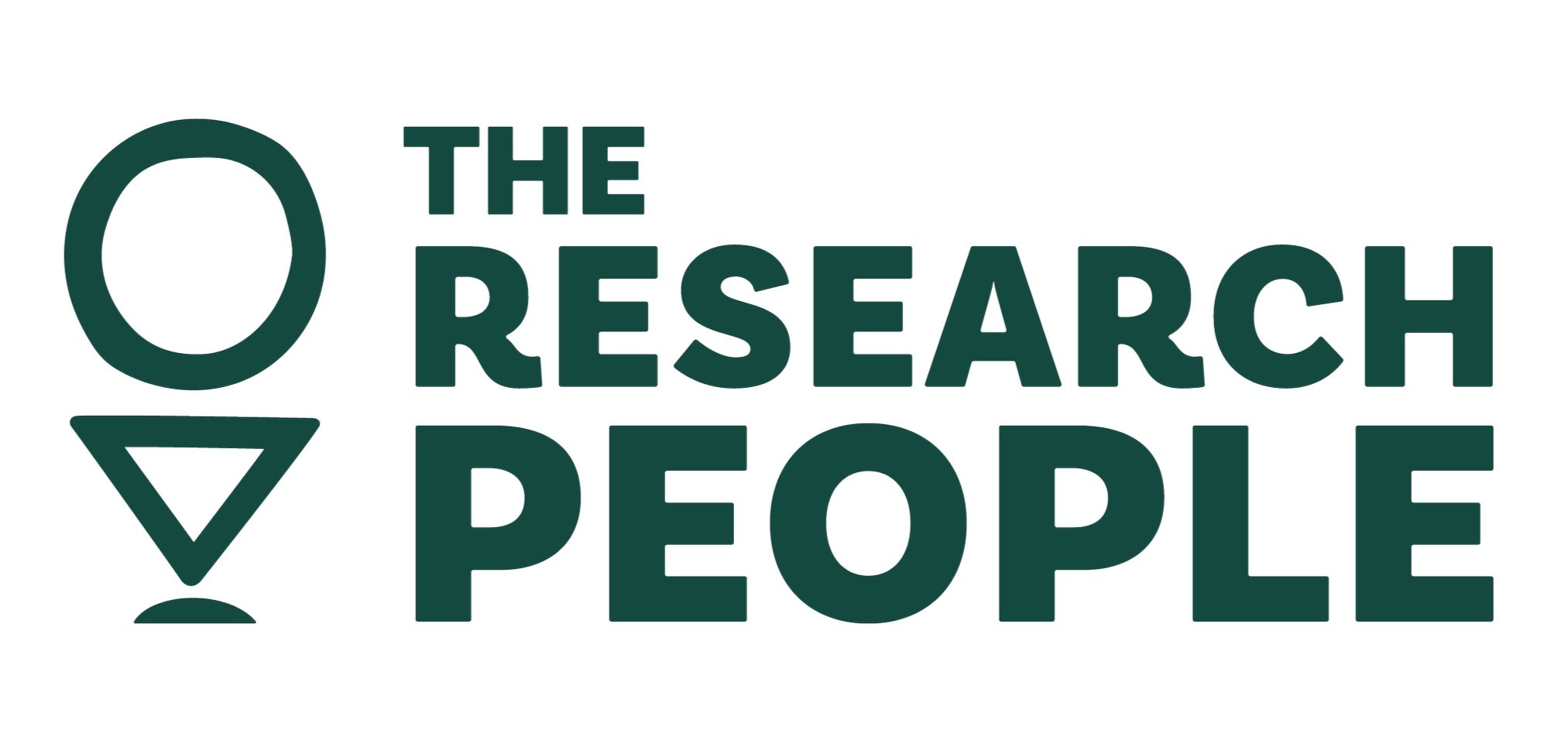Historical and political dynamics of the NGO sector in South Sudan
Understanding the history & dynamics of NGOs: a case study
This project was led by Naomi Pendle at the London School of Economics (LSE), Lydia Tanner and Alice Robinson from The Research People, and Leben Moro at the University of Juba.
The problem
Can humanitarian aid be localised during armed conflict? Can local and national NGOs be trusted to uphold humanitarian principles in such complex contexts?
In contexts of armed conflict, international humanitarian organisations increasingly rely on local and national actors to deliver aid. South Sudan is no exception: while international organisations have worked with and through South Sudanese actors for decades, the role of local and national NGOs in the South Sudanese humanitarian response has increased substantially since the outbreak of widespread armed conflict in 2013. This has been driven, in part, by the significant access constraints and risks associated with operating in South Sudan. International actors increasingly depend on South Sudanese NGOs to reach conflict-affected communities. These shifts are also taking place in the context of global commitments to ‘localise’ humanitarian response, with humanitarian organisations and donor governments committing to shift power and resources closer to affected populations.
What we did
Our approach was built on deep and longstanding research engagements in South Sudan, an appreciation of the historical and political dynamics that shape humanitarian ecosystems, and our ability to disseminate findings at a local, national, regional and international level. We conducted detailed case studies in four locations, based on more than 200 interviews, focus groups and observations. The methodology emphasised collecting life histories as a way of understanding the history and dynamics of NGOs. The research highlights the challenges and creativity of South Sudanese NGOs, as well as the humanitarian system’s role in undermining trust in South Sudanese NGOs and the disempowering geographies of South Sudanese NGOs.
Making it accessible
It was important to us that the research findings were shared with the South Sudanese NGOs and were accessible more broadly. We held workshops to validate the findings in the four case study areas, events at LSE and in Juba, policy roundtables, and produced a webinar, podcast and blog posts.
Resources
Findings from this study and full report are available here.
Watch the webinar presented by Alice Robinson below.
GPS
Akobo, Ganyliel, Juba, Wau and Yambio, Tochriak, South Sudan, 2019
Research team
Alice Robinson & Lydia Tanner, alongside Naomi Pendle, Leben Moro and an outstanding team of early-career South Sudanese researchers.



